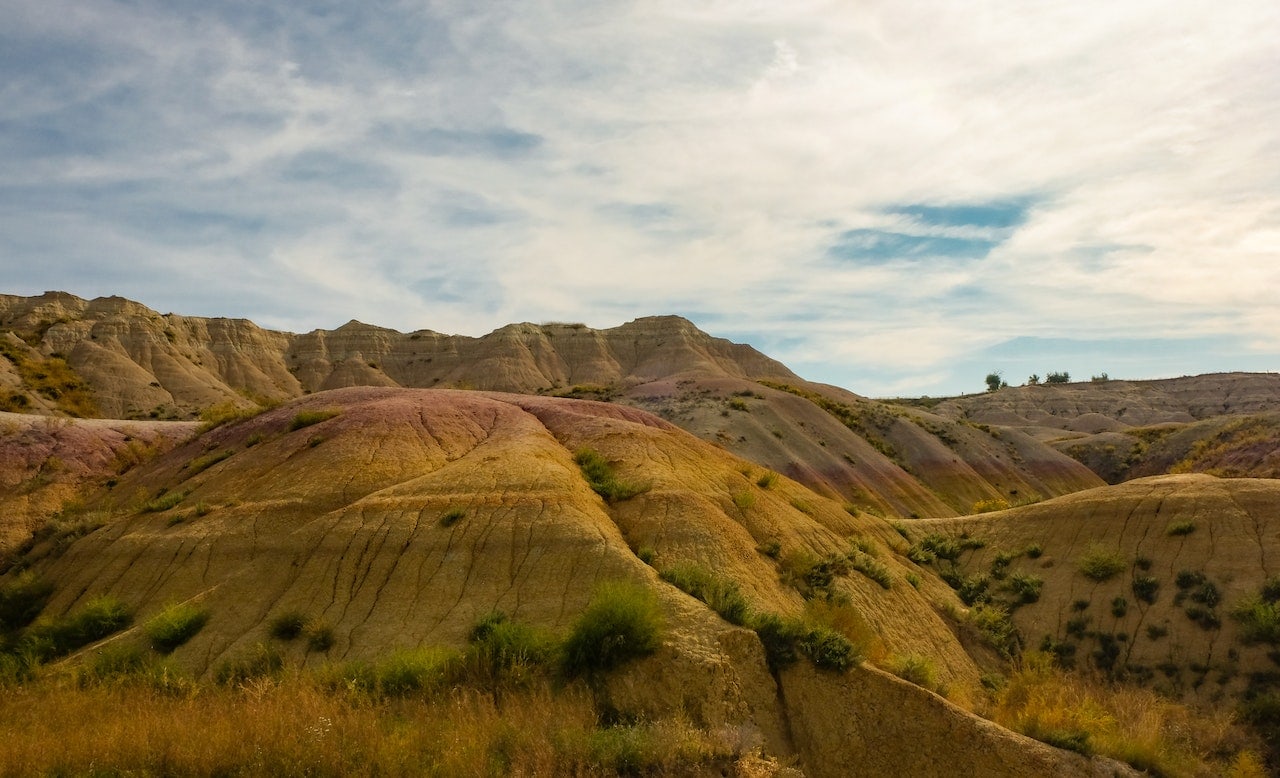Living off the grid, a dream for many, can be a daunting venture filled with legal intricacies. In South Dakota, where the vast prairies stretch as far as the eye can see, navigating the wilderness of regulations becomes essential for those seeking an off-grid lifestyle. Let’s embark on a journey through the legal maze, exploring the South Dakota off-grid laws that shape the way residents can disconnect from conventional utilities and live self-sufficiently.
What Does Off-Grid Living Mean?
Before delving into the legalities, let’s understand what off-grid living entails. Living off the grid means relying on self-sustaining energy sources, such as solar panels or wind turbines, and being independent of public utilities like water supply and sewage systems. It’s a lifestyle that champions sustainability, self-sufficiency, and a deep connection with nature.
Land Use Regulations in South Dakota
In South Dakota, the freedom to live off the grid starts with understanding land use regulations. The state boasts a plethora of wide-open spaces, making it an attractive option for off-grid enthusiasts. However, before purchasing a plot, one must be well-versed in local zoning laws, which dictate land usage. If you want to know where to live off the grid in south dakota then check out my recent article Where To Live Off The Grid In South Dakota? ( Top 15 Counties ).
Environmental Regulations in South Dakota
Respecting nature is a fundamental aspect of off-grid living. South Dakota enforces various environmental regulations to preserve its natural beauty. Off-grid dwellers must be cognizant of waste disposal methods and ecological practices to minimize their environmental footprint.
Zoning Laws in South Dakota
Zoning laws in South Dakota are diverse and can vary from county to county. Some areas are zoned for agricultural use, making them ideal for off-grid living, while others may have restrictions that could hinder your plans. Researching local zoning laws is crucial to finding a suitable location for your off-grid homestead.
Building Codes in South Dakota
Building codes ensure the safety and structural integrity of residences. While South Dakota generally allows for flexibility in building codes, it is imperative to consult local authorities to ensure compliance with regulations. This step is vital, especially if you plan on constructing alternative dwellings like tiny homes or earthships. If you want to know how to live off the grid in south dakota then check out my recent article How To Live Off The Grid In South Dakota ( Step By Step Guide ).
Waste Management
Waste management is a significant concern for off-grid living. Responsible disposal of waste, including recycling and composting, is not just environmentally friendly but also essential to adhere to regulations. South Dakota promotes sustainable waste management practices, aligning with the off-grid ethos.
Water Rights
Water is life, especially in an off-grid setting. Understanding water rights in South Dakota is crucial for off-grid enthusiasts. The state follows the prior appropriation doctrine, meaning the first person to use water from a water source for beneficial use has the superior right. Off-grid dwellers need to secure water rights for their land, ensuring a legal and consistent water supply. If you want to know which states in Mississippi allow tiny houses then check out my recent article What Counties In Mississippi Allow Tiny Houses? ( Top 8 ).
Can You Disconnect from the Utilities in South Dakota?
Yes, you can disconnect from public utilities in South Dakota. The state law allows residents to live off the grid, harnessing energy from renewable sources and managing their water and waste systems. However, this freedom comes with responsibilities, including adherence to environmental and zoning regulations.
Can You Disconnect from the Power Grid in South Dakota?
South Dakota encourages renewable energy use. Disconnection from the power grid is not only legal but also environmentally supported. Many South Dakotans have embraced solar power, harnessing the abundant sunlight to meet their energy needs. This move not only reduces their carbon footprint but also promotes the state’s renewable energy initiatives.
Can You Live in A House Without Electricity in South Dakota?
Yes, you can live in a house without electricity in South Dakota. However, this choice requires careful planning. Off-grid dwellers often opt for alternative energy sources such as solar panels, wind turbines, or generators to power essential appliances and lighting. Living without electricity demands resilience, adaptability, and a willingness to embrace a simpler lifestyle.
Do I Have to Have Electricity in South Dakota?
South Dakota state law does not mandate electricity usage for residential properties. While it’s not a requirement, practical considerations, especially in extreme weather conditions, might lead off-grid residents to invest in alternative energy solutions for heating, cooling, and lighting.
Is It Illegal to Power Your Home with Solar Panels in South Dakota?
No, it is not illegal to power your home with solar panels in South Dakota. In fact, the state encourages the use of solar energy through various incentives and rebates. Installing solar panels not only reduces your reliance on conventional utilities but also contributes to the state’s clean energy goals.
Can You Use Rainwater in South Dakota?
Yes, you can use rainwater in South Dakota. The state allows the collection and use of rainwater for non-potable purposes, such as irrigation and flushing toilets. However, using rainwater as a primary drinking source may require additional filtration and adherence to health department guidelines to ensure safety.
Can You Legally Live in a House Without Running Water in South Dakota?
Living in a house without running water is legally possible in South Dakota. However, it poses challenges related to hygiene and sanitation. Off-grid dwellers often implement alternative water solutions, such as wells, rainwater harvesting systems, or water delivery services. Ensuring a clean and reliable water supply is essential for a comfortable off-grid lifestyle.

